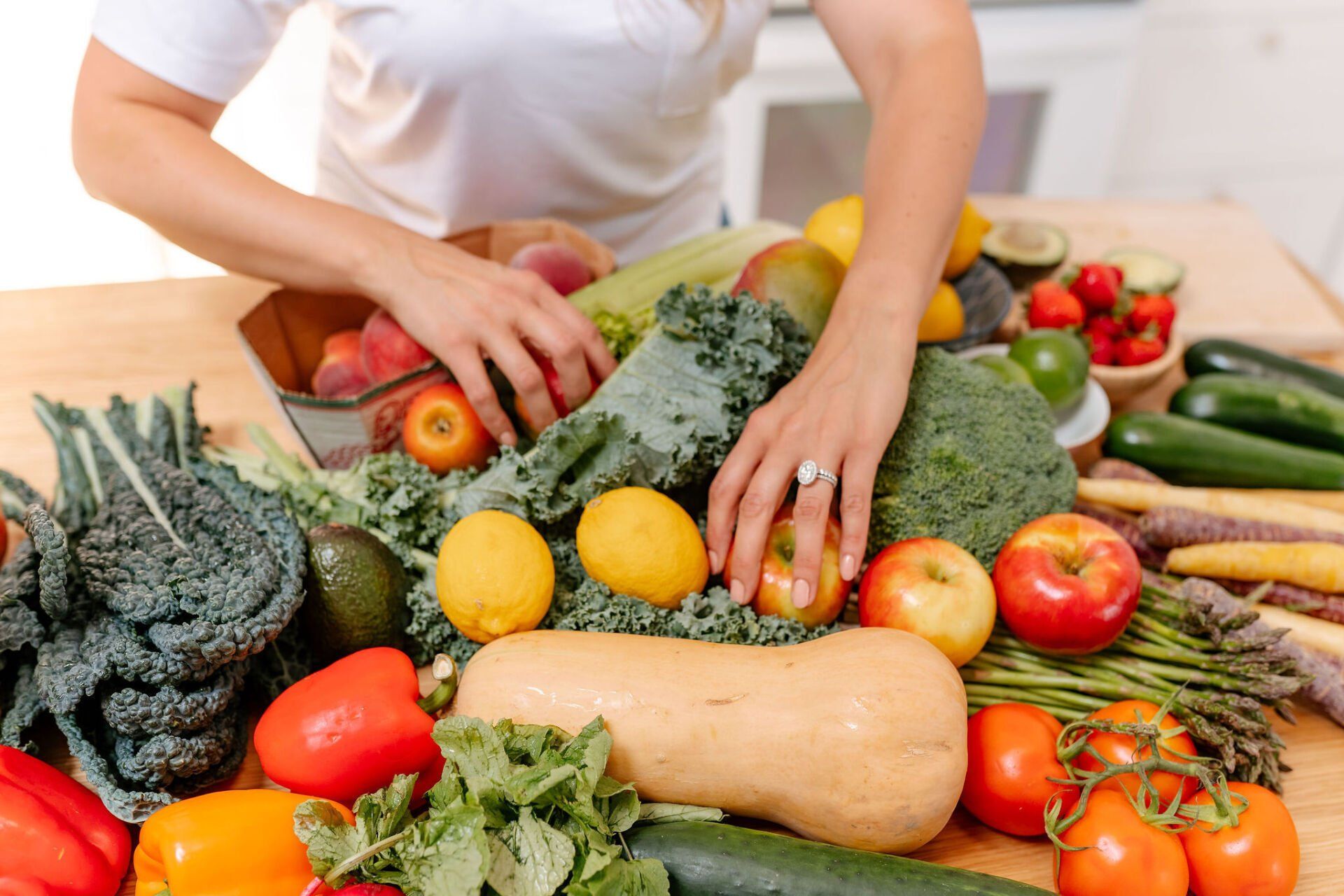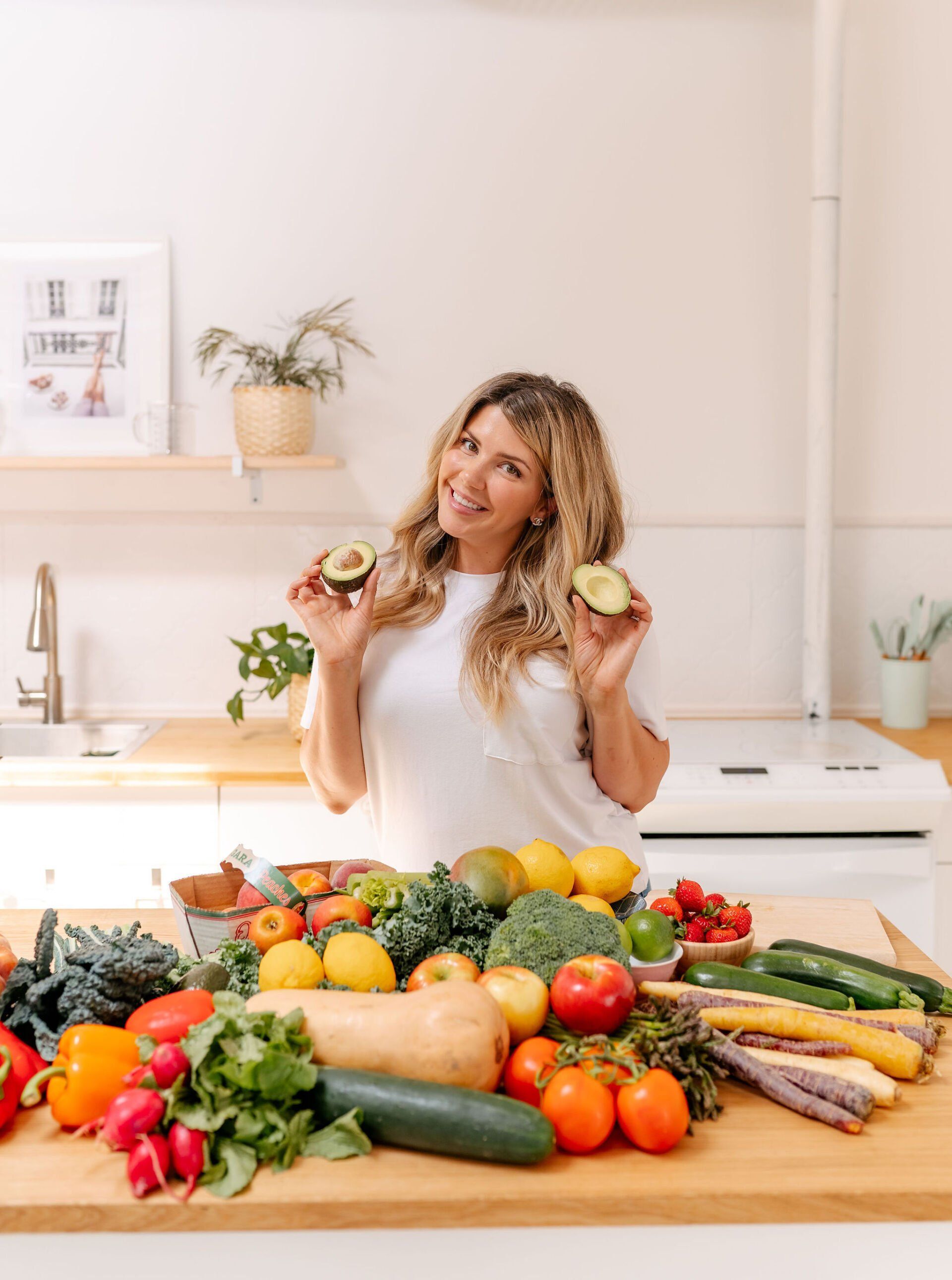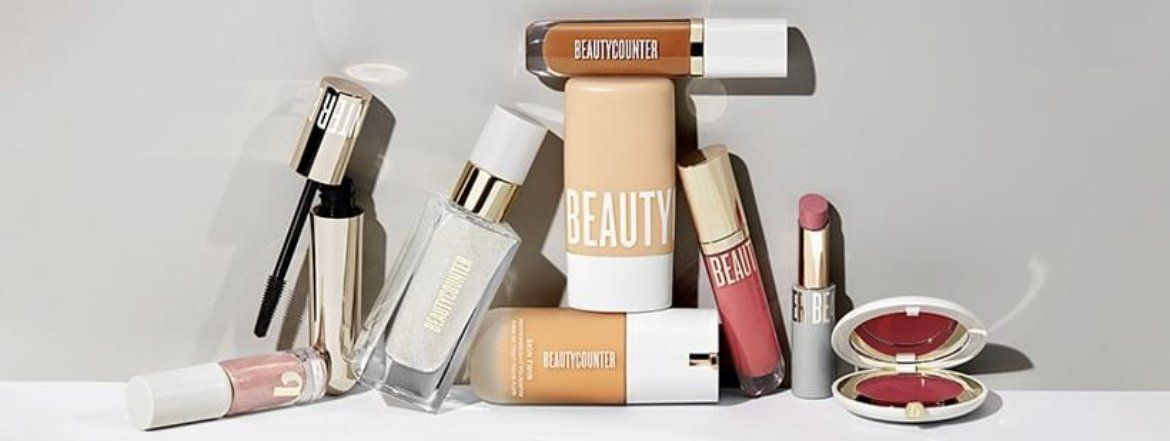8 Foods to Balance Blood Sugar
Balanced blood sugar levels are crucial to a healthy and prosperous life. Balanced blood sugar levels prevent disruption of your body’s functions and help your overall health.
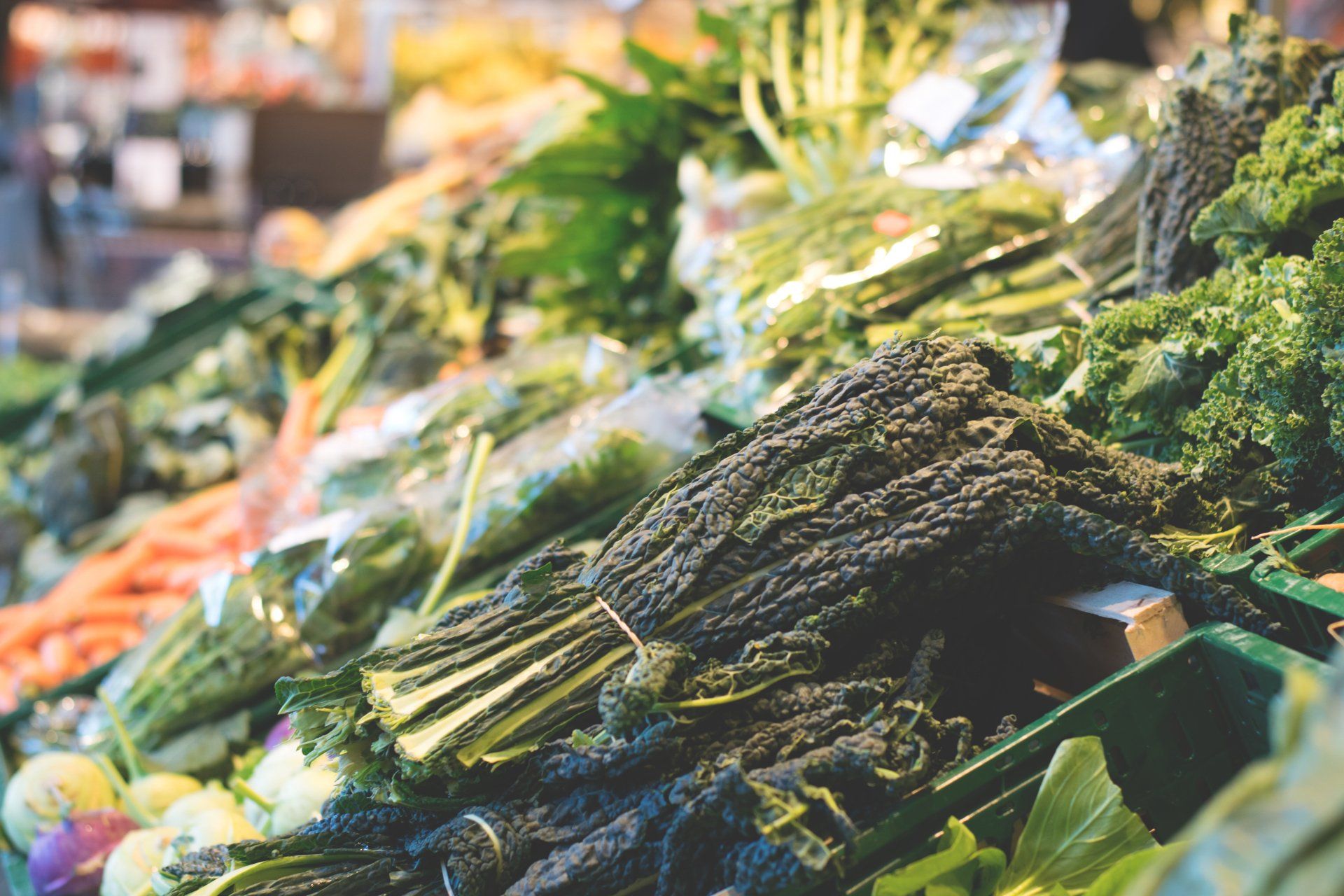
The term blood sugar is likely one that you have heard thrown around by health professionals without knowing exactly what it means. Although many people recognize that their blood sugar is important, few recognize how it affects them on a daily basis, and how balancing their blood sugar is key to managing so many of their day-to-day symptoms, feelings, and activities. Our blood sugar dictates our hunger, our cravings, and our energy. We feel our best when our blood sugar is balanced; not too high or not too low. Balanced blood sugar helps keep our brain healthy, our energy levels stable and our mood balanced. However, when disrupted, our blood sugar can lead to increased sugar cravings, irritability, brain fog, fatigue, poor sleep, anxiety, low energy and weight gain, and in the longer term, diabetes. It is important to understand that balancing blood sugar is not only important for those with diabetes or severe health conditions, balancing blood sugar is important for everyone.
Here are a few foods to add to your diet to help balance your blood sugar:
Greens
You can never eat too many greens. For the best blood sugar benefits, go for nutrient-dense, low-carb greens like spinach, kale, and broccoli. These greens are also very rich in protein and calcium, which help your body in multiple areas. You can toss these greens in salads with olive oil and chunks of salmon. Studies have shown that these three vegetables contribute to dramatic improvement in patients who are constantly battling with their blood sugar. I also love adding a handful of spinach or kale to my morning smoothie.
Low fructose fruits
Fruit is always a must, but for blood sugar-specific management, choose fruits that are low fructose, such as cantaloupe, raspberries, blueberries, kiwi, and blackberries. You can snack on them throughout the day, or toss them in your salad, smoothies, or acai bowls.
Protein
Protein is essential for slowing down glucose absorption in your body, which helps regulate your blood sugar levels. Add foods to your diet that are packed with protein, like wild salmon and other types of fish, beef and other types of lean meat, cottage cheese, Greek yogurt, and eggs. Make your diet interesting; try snack ideas like celery sticks dipped in all-natural peanut butter. This snack is rich in protein and only contains the good kind of fat. Remember everything in moderation, however. Too much protein actually can become sugar in your blood, creating a condition called gluconeogenesis; 40 to 70 grams of protein is enough for a day depending on you bio-individual factors.
Herbs and Spices
Herbs and spices are natural supplements for balancing your blood sugar levels. They not only add flavour to your dishes but they may also help your hormones lower your blood sugar. Some spices, like turmeric, contain anti-inflammatory properties, which help in balancing out your sugar.
Low-calorie drinks
Cut out sugary, high-calorie drinks from your diet. Add drinks like cinnamon tea, lemon water, and cucumber juice in your daily routine. If you enjoy a sweet drink from Starbucks once in a while, opt for "half sweet" or no syrup at all.
Whole grain foods
Whole grain foods that are also rich in protein, like millet and quinoa, provide and store energy without causing spikes in your blood sugar levels.
Beans
Beans are a good source of protein, low carb, and rich in fiber, all important factors in balancing your blood sugar. Hummus, lentils and garbanzo beans are good examples and great dietary choices. Remember to soak them the night before to promote easier digestion.
Nuts
Nuts like almonds and walnuts contain healthy amounts of fiber, protein, and healthy fats, and are a low carb snack idea.
Try balancing your blood sugar the natural way by changing the way you eat. You’ll be amazed at the difference!
If you would like to learn more about my nutrition coaching, I would love to connect with you for a free 30-minute discovery call.
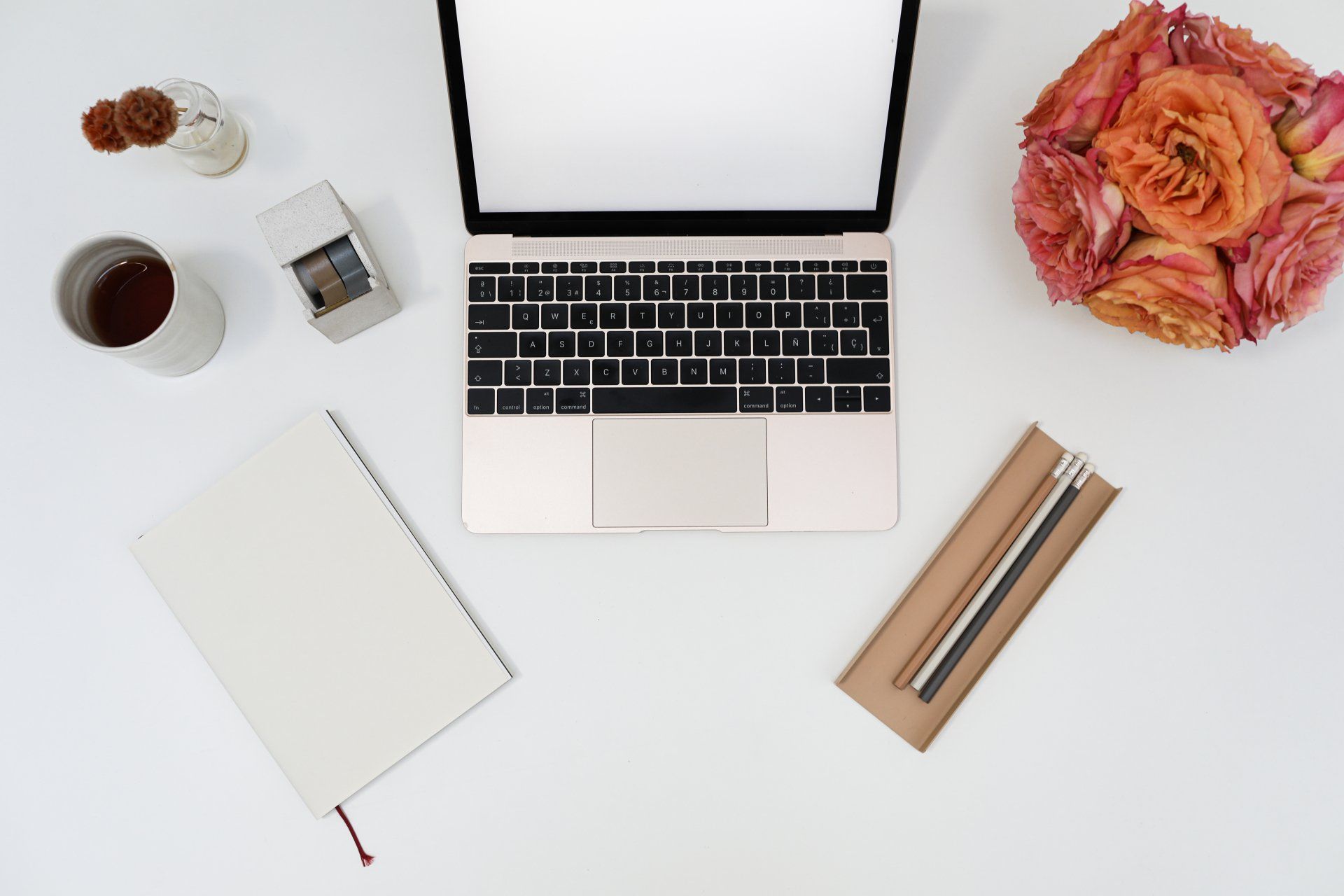
Stay Connected!
All Rights Reserved | Sarah Parlett

